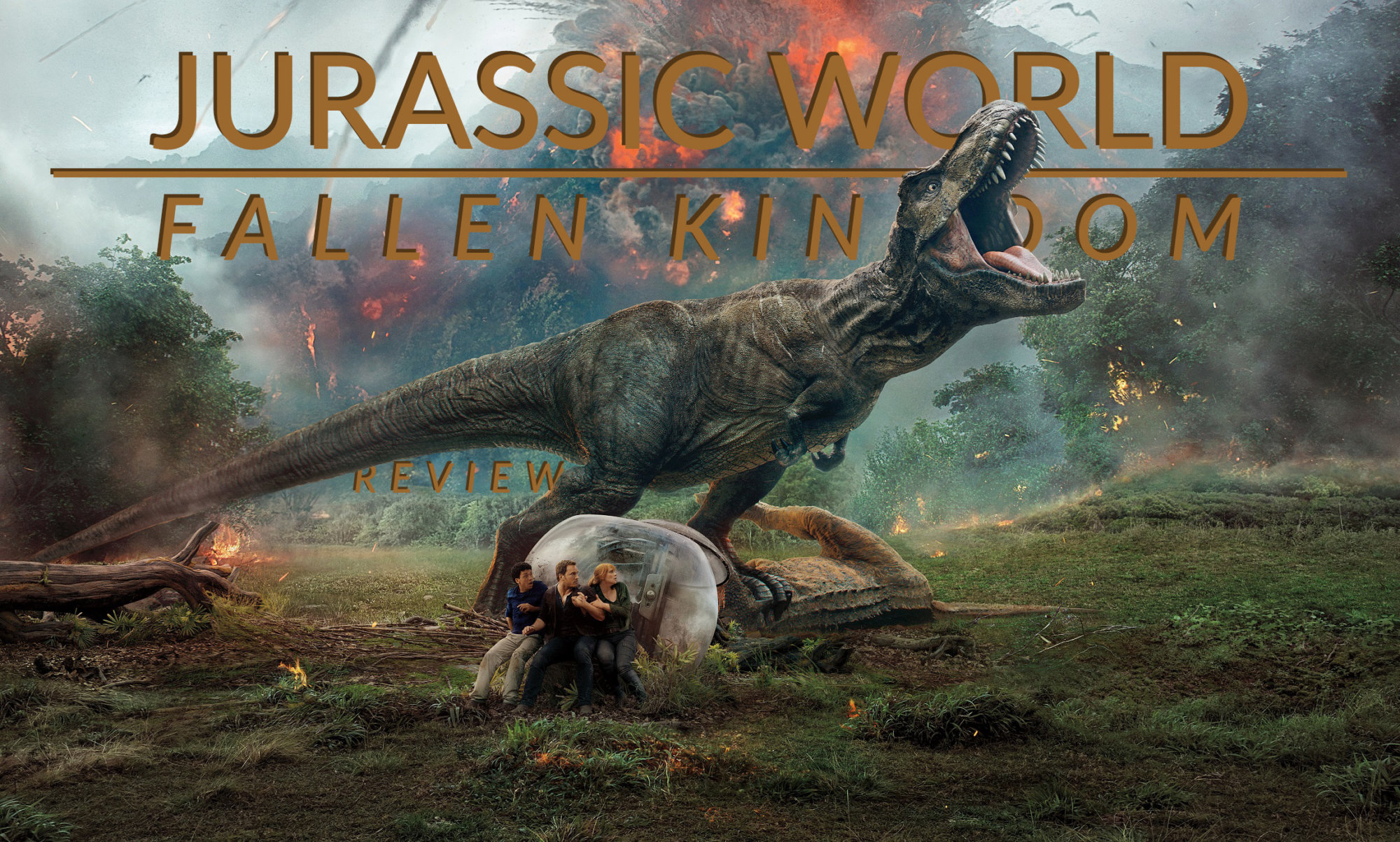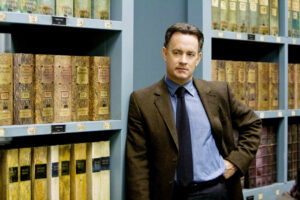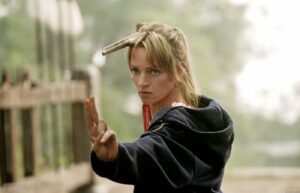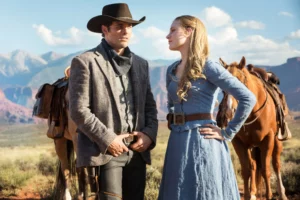We’re back on Isla Nublar for what could be the last time!
The saga finally starts to take shape and, although they could have done much better, it doesn’t seem to take a too bad direction either.
Here our review of “Jurassic World: Fallen Kingdom”!
Title
Jurassic World: Fallen Kingdom
Behind and in Front of the Camera
To continue the adventures inside the Jurassic Park, the Universal too has followed a recent trend: revitalizing an old franchise with a new trilogy, assigning the second movie to a different director (as in the case of Star Wars, where the episodes VII and IX saw J.J. Abrams as director, while “Star Wars: The last Jedi” is directed by Rian Johnson).
After the first “Jurassic World” directed by Colin Trevorrow, behind the camera of “Jurassic World: Fallen Kingdom” we find Juan Antonio Bayona, Spanish director with a few movies in his career but internationally appreciated.
Pupil of Guillermo Del Toro (with whom he has co-produced his first feature “The Orphanage”), Bayona has already proved to be able to handle big creatures and their relationship with humans, also with his last work, “A Monster Calls,” a little gem that is an absolute must-see.
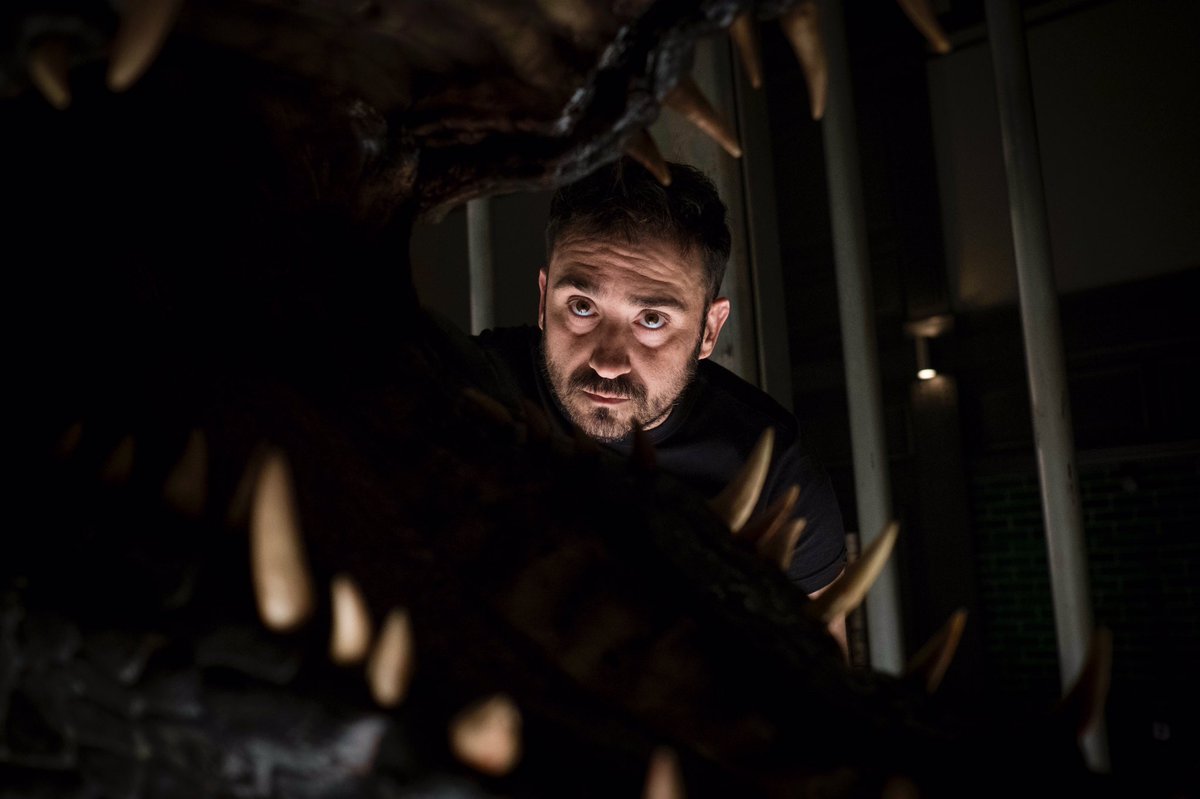
As they live the adventures on Isla Nublar, we find once again the stars of the first “Jurassic World,” Chris Pratt and Bryce Dallas Howard (who, as we know, isn’t Jessica Chastain), and several great new entries: James Cromwell (“The Green Mile,” “Babe”), Toby Jones (“Tinker Tailor Soldier Spy,” “Captain America: The Winter Soldier”) and one of Bayona’s favorite actress, the great Geraldine Chaplin (“Doctor Zhivago”).
A new entry, that is actually the “oldest entry” that could be, is Jeff Goldblum, who returns to step into Ian Malcolm’s shoes for the first time after the second movie of the franchise “The Lost World: Jurassic Park.”
Who’s Got the Typewriter
At the script we find Colin Trevorrow and Derek Connolly, already authors of the first chapter and a good creative couple (they have worked together also at the first success of Trevorrow “Safety Not Guaranteed”).
So, Trevorrow continues his vision of the prosecution of the Jurassic franchise, while Connolly brings his experience and his skills in writing colossal and monster movies (his also the recent “Kong: Skull Island”).
What to Know (ABSOLUTELY NO SPOILERS)
“Jurassic World: Fallen Kingdom” comes three years after the first Jurassic World, both as release date and plot-wise.
The volcano awakening that might wipe out all the remaining dinosaurs brings us back on Isla Nublar to try to save as many of them as possible, and, as usual, nothing goes smoothly.
Jurassic Park had never showed peaks of narrative innovation between a movie and the other, and this one doesn’t dare so much either, following well-beaten paths: from the old-school conspiracies to the gene mutations symbol of this new arc, from the Indominus Rex to the new-born Indoraptor.
Compared to the other movies, though, we can feel the will to explore parts never-touched before, first of all the relationship human-dinosaur. Also because of the Velociraptor Blue we have a different perception about dinosaurs, which are no more attractions of a park or savage beasts to be afraid of (except for the T-Rex, that one always inspires a bit of terror) or simply lab experiments, but they are recognized as genuine animals. Animals that we have to save from extinction, that need care and attention, that are now part of the everyday life of many generations that got used to the comeback of the ancient giants.
The movie itself is certainly not without flaws, in fact, but we must recognize its intention to evolve a franchise with so much, although rarely used, potential. Potential of which the surface has only been scratched, for now, but it’s something.
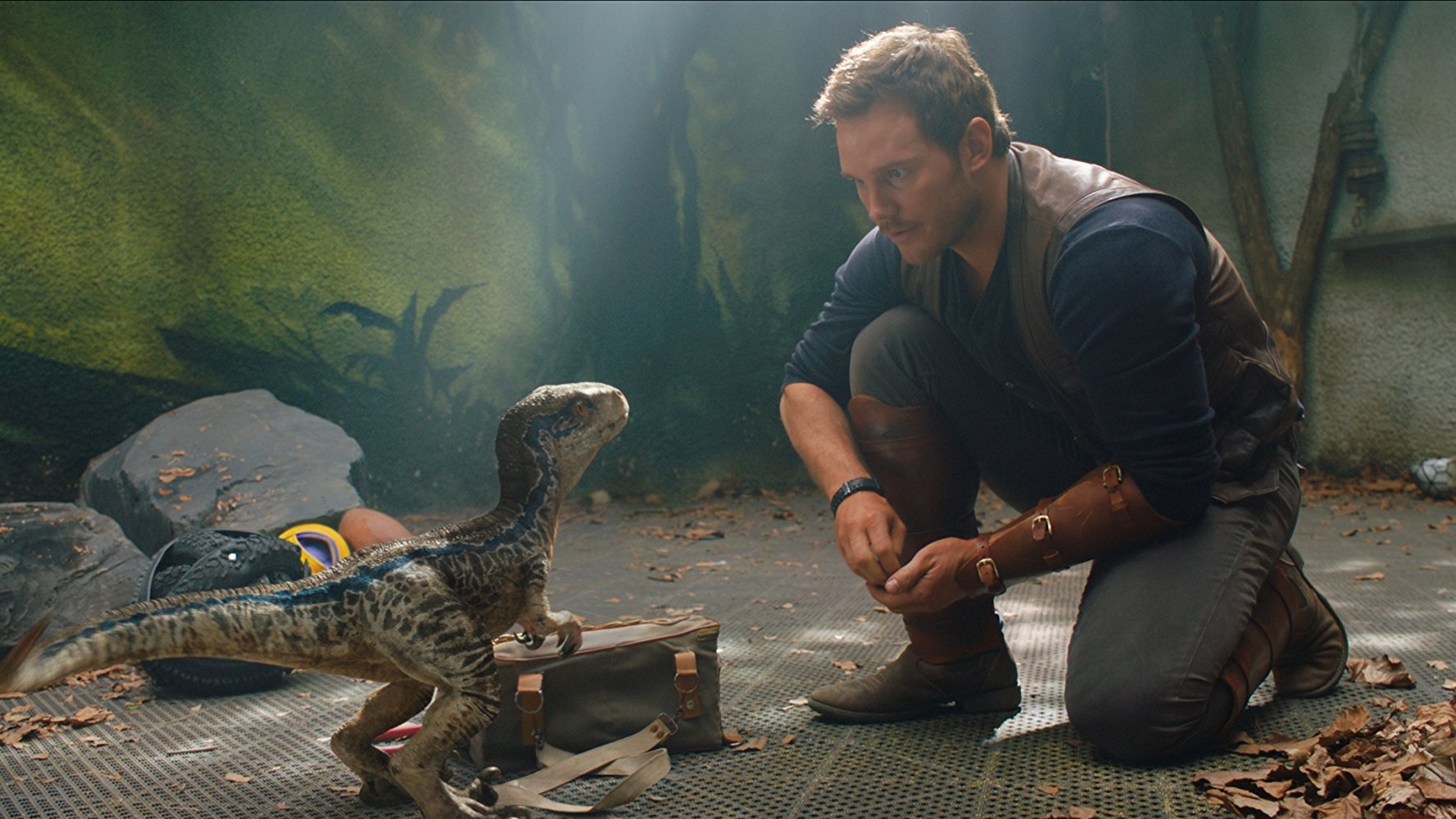
What You’ll Need
For the first time, you could need to re-watch the previous movie, not much to go over the science (fiction) concepts, but because the narrative really continues from a movie to the other, making Jurassic Park finally a real saga. Not only for the characters but also for the issues and the plot, which follow a well-defined tale, opening the path to the third episode that will close the Jurassic World trilogy in 2021.
What They Say
Jeff Goldblum: “My agent called me one day and said, “We got a call from the producers of the movie. Who knows whose idea it was, and they’ve written a part for you!” That’s what happened! How about that? I was thrilled. I had been a fan of J.A. Bayona’s. I saw “The Orphanage” the first week it came out in theaters.”
And telling what it was like to come back and play Ian Malcolm: “Delightful. I have such a fond memory of working with Steven Spielberg and the casts of the two movies. People seem to get a kick out of my character here and there and I didn’t want to let anyone down. I was thrilled getting another chance at it.”
Speaking to Total Film, director Colin Trevorrow has confirmed that the third movie will go back to basics with dinosaurs: “I’m looking forward to, in the third film, getting a little back into the Paleontological, wild animal, true dinosaur nature of all of it.” The director then added the Indoraptor that we see in “Jurassic World: Fallen Kingdom” will be the last hybrid monster to feature in the franchise.
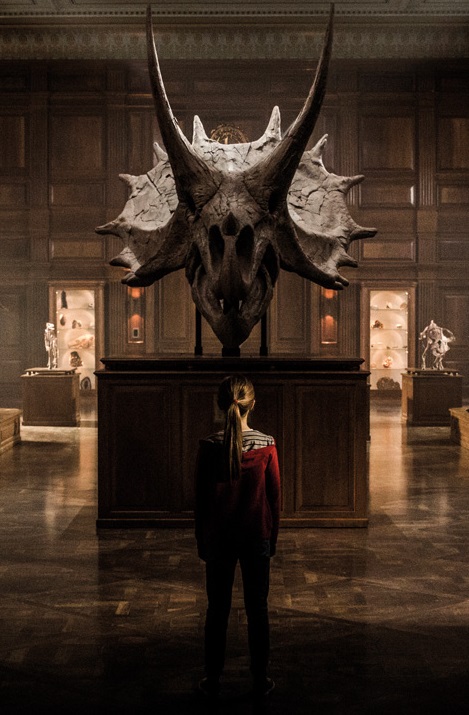
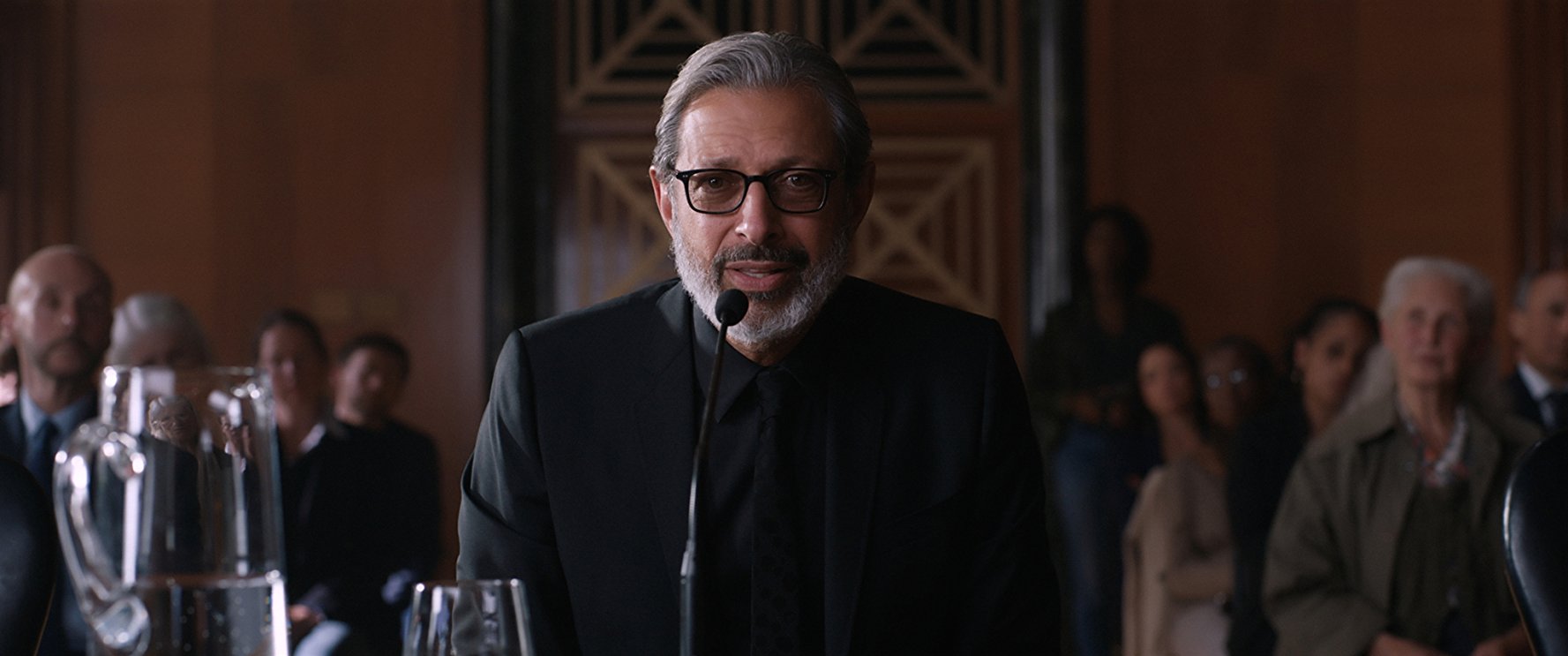
One Last Thing…
Among the many scores that went down in the history of the Spielberg-Williams couple, the Jurassic Park’s one has a special place of honor, and touching such a milestone is always risky. Luckily, Michael Giacchino, already author of the first Jurassic World’s score, is one of the best students of the “Williams University,” and he has once again proved himself able to create an excellent original score, succeeding in honoring and using the historic leitmotiv. After all, they are not dinosaurs without the “PAPAPAAPAPAAAA.”
Out of 5 Monkeys


